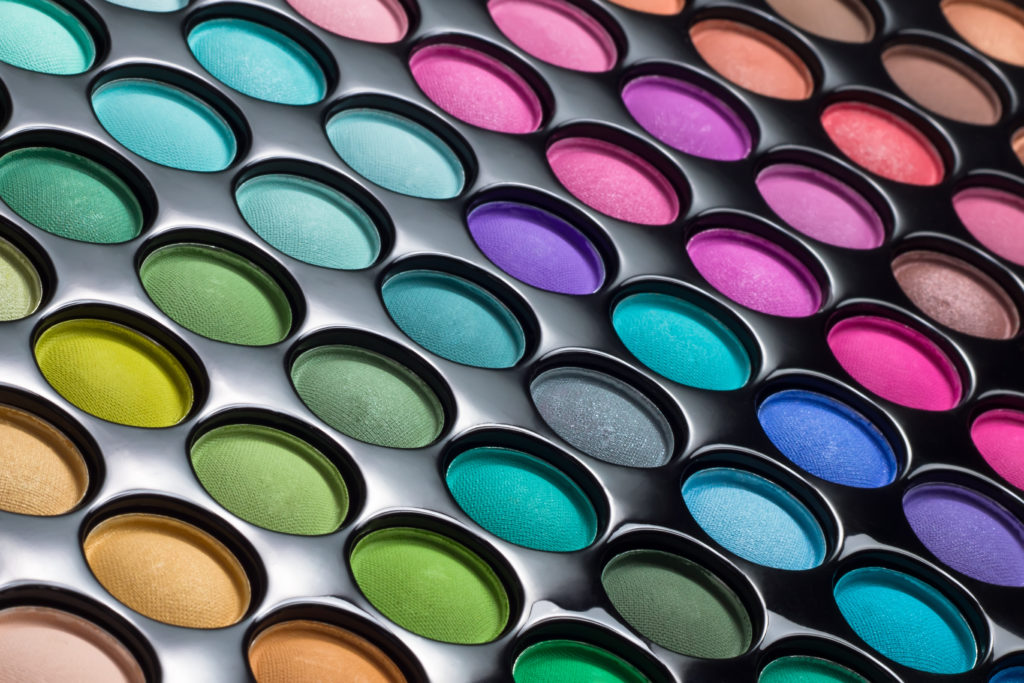Last week, the General Court of the European Union dismissed Coca Cola’s request to register its bottle shape without fluting as a Community trademark, further denying the soft drink giant’s intention, five years since the application in question was initially submitted.
Back in December, 2011, Coca-Cola filed an application to the Office for Harmonisation in the Internal Market (OHIM) for the registration of its glass bottle without fluting as a Community trademark. This request was denied in March, 2014, on the grounds that the bottle version in question is bereft of any distinctiveness with regards to the goods covered by the application. Coca Cola’s argument that such a bottle shape is only a natural progression of its previously trademarked bottle with fluting has thus been deemed invalid. Coca Cola then followed the dismissal of their application by bringing up an action before the General Court for the annulment of OHIM’s decision, and it was up until last week that the court’s decision was awaited.
The Court’s Board of Appeal found that OHIM’s decision fell within the needed grounds for refusal on the already noted basis of the bottle without fluting having no distinctive character. The Board of Appeal then took note a number of visual differences between the two bottles, including the presence (or lack thereof) of fluting, as well as the earlier – trademarked – bottle having a narrower neck and base. Finally, since the Board found nothing unusual or significantly fanciful in the bottle’s design, it was concluded that the bottle does not create a clear and unmistakable impression of having a link with the earlier, iconic Coca Cola bottle. In the aftermath, Coca Cola’s spokesperson sounded off by expressing the company’s disappointment with the decision, adding that further pursuit before the Court of Justice is being considered.
Legal experts have recognised the importance of this ruling, including the overall importance of having leading products registered as trademarks in every possible way since trade mark protection often have no expiry date, in addition to acknowledging that there has been a number of recently failed attempts (i.e. Nestle’s Kit-Kat bar shape) by companies worldwide to do so.

